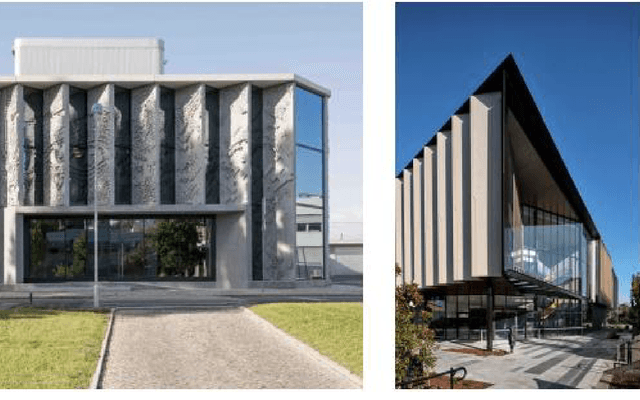This article is from the Australian Property Journal archive
SENTIMENT in the retail, hotel and office property sectors continued to suffer through the economic downturn, while industrial remains on top during the pandemic as rising e-commerce activity supports strong demand for logistics and warehouse requirements.
NAB’s Commercial Property Index for the September quarter showed sentiment remained deeply negative at -51 points, despite an improvement from the survey low of -62 in the previous quarter. A score of 0 is considered neutral.
The survey was conducted as Victoria remained in heavy lockdown due to the second coronavirus wave.
Sentiment in the retail was weakest at -71, followed by CBD Hotels at -60 as travel restrictions remained in place, and office at -53 as business moved their operations to the home.
Industrial was the most resilient market, at -14. It also proved to be the most optimistic. Confidence was positive – and improved – for the next 12 months, to +4, and in 2 years’ time to +26.
While rental outlook remains weak for retail and office property, it also improved for industrial assets. More than one third of industrial property experts believe rent collections were unchanged or increased during the September quarter. About half estimated enquiry levels had also not changed or increased, with enquiry driven by logistics (83%) and supply chain businesses (67%). About one quarter of industrial businesses are also gearing up for future expansion in 2021 and beyond.
Market confidence was otherwise very weak amid an uncertain economic outlook. The 12-month overall measure was -52, and the two-year measure -29.
The 12-month confidence measure was again weakest for retail (-71), with office (-63) and CBD hotels (-60) not far behind. The two-year outlook was broadly unchanged at near record lows. Retail was at -47 and office -40.
Sentiment in Victoria touched a record low of -70 as the state fell back into lockdown. Market sentiment improved in most states but was still negative. South Australia and the Northern Territory was at -57, while Western Australia was at -28.
WA was by some distance the most confident state, with more positive outlook over the next 12 months and two years, at -6 and +16 respectively.
Outlook for capital growth in the office sector improved slightly but remains at a week -3.0% for the next 12 months. Expectations are negative in all states, led by Victoria (-4.8%).
Retail expectations were unchanged at -5.0%, with heavy falls in all states bar WA, which was steady. Expectations for CBD hotels was also unchanged, at -4.5%, as the sector sweats on the pace of travelling restrictions being lifted. Industrial is at -0.3%, again outperforming.
Office vacancies lifted to its highest level since early 2018, at 9.0%, driven by an increase in Queensland to 11.8%. Vacancy is expected to climb further to about 10% in the next 1-2 years. Increases are expected in Victoria (about 8.7%), NSW (8%) and Queensland (13.5%).
The construction industry is expected to feel the impact of the pandemic for some time, with a below average 79% of property developers planning to start new projects within the next 18 months.
Property experts said their debt funding conditions worsened during the quarter. The net number who said it was harder to obtain debt rose to -31%, although the net number who said it was harder to obtain equity financing however improved a little to -22%.
No improvement in debt and equity funding conditions is expected over the next three to six month.




